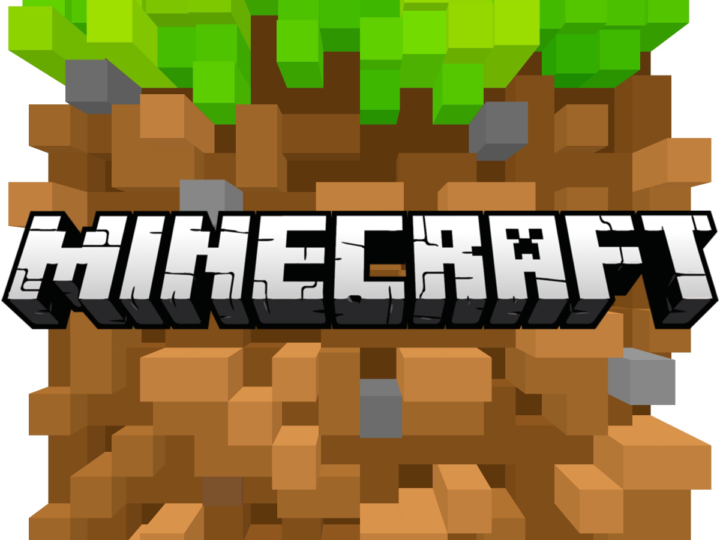Tibia is a massive multiplayer online role-playing game (MMORPG) created by a German company called CipSoft in the late 1990s (tibia.com). I have played this game since 2005, sitting in my basement at eleven years old meeting people from all over the world online.
As a result of my time spent playing this game throughout the years, I have seen a lot of changes in the game: Game Masters were removed from Tibia and were replaced by an automated bot detection system and ‘report’ options for offensive content (that only works some of the time); countless wars broke out between guilds and nation-groups forcing migration across servers; new cities, hunting areas and quests were added; it became possible to marry other people through the Tibia temple system (any gender combination); Network issues plagued the servers, and countless other changes have been implemented over the course of this 11 year period. This is my character today:
In this analysis, based on the time I have played Tibia I will consider some of the challenges faced by players due to poor management, unchecked power dynamics impacting gameplay, and undertones of racism between players which go unnoticed by CipSoft. I will consider how the game has improved in many of these areas, and will finally use my own experience to consider why I, and many others, have continued to play Tibia for so long. From this, I will make suggestions based on what I imagine this online community could become in the years to follow. While this review does not directly involve analysis across gender lines, I will make the argument that different issues (such as racism) emerge within the game which require community and solidarity to address.
The graphics are the most obvious difference between Tibia and other MMORPGs such as World of Warcraft, where the world is a 2D representation of a medieval society. Since its creation, Tibia has expanded to include other races besides humans, but currently only humans are playable characters. The objective of the game is to build a character through hunting and gaining levels and items, and making connections to other players within Tibia can be fostered through guilds and quest teams. Tibia also contains an internal economy where items can be bought and sold on the market.
According to the Tibia website (tibia.com), statistics show player count has decreased steadily since 2008. Much of this decrease can be attributed to a variety of factors which I will summarize for the sake of this analysis. For much of Tibia’s history, players were moderated by Game Masters, or players who knew the rules of Tibia and could enforce them, report and monitor bugs within the game, and act as mediators between the players and CipSoft. These Game Masters were replaced by an automatic reporting system which has some serious flaws, and the botting problem (use of external software to evolve your character without human interaction) has more or less remained the same, impacting gameplay in ways that go largely unmonitored by the game creators. Power abuse (characters of a higher level forcing their will on lower levelled characters) is also a significant contributing factor which negatively impacts gameplay, which is completely unreportable. Within the game structure itself war between guilds is also possible, and this often cuts across national lines (for example, many guilds formed by Brazilian players will war with guilds formed by Mexican players). Wars between guilds (much like ‘real world’ wars) heavily impact all players of a server economically, interpersonally and with regards to how playable the game ultimately is. In these ways, Tibia servers run as self-contained worlds where the politics of a server is determined by the people and their goals within the context of the game itself. However, offensive content can be reported if in violation of the rules, but largely servers act as a space where anything can occur within the limitations of the game mechanics.
Other issues have also emerged within the game’s recent history, including DDoS (Distributed Denial of Service) attacks on the servers which cause severe lag and make the game virtually unplayable for extended periods of time.These are often player generated attacks to guarantee their guild or group of friends achieve certain objectives, as winning a war battle or making the opposing team/guild unable to reach certain goals. These DDoS attacks cause widespread player deaths resulting in loss of money and levels, and while CipSoft has reimbursed these deaths through vouchers (double experience when used), many of these issues bring to mind the question: Why keep playing?
In my experience over the last eleven years, I have come to understand Tibia as a space where genuine connections can be made between players that extend beyond individual servers. The political structure of Tibia is such that through forging alliances (such as guilds) and friendships, the issues that are present within the self-governed servers can be met through solidarity. Although the aforementioned issues are problematic and sometimes impact gameplay in serious ways, it is because of this environment where anything can happen that a sense of community is so vital to a positive in-game experience. While many of these issues must be solved in order for player counts to reach levels they were at before, for those who have continued to play Tibia has become a space where connections can be made across national borders. By facing both political issues within the servers and quests developed by CipSoft, groups of players can work with others as a team to face many of these challenges. Botting and power abuse are both significant issues which should be addressed by CipSoft in some way in the future in order to maintain their loyal player base, but it is this aspect of community and teamwork which has inspired me to continue to play and which I believe the company must foster the growth of in the future.






